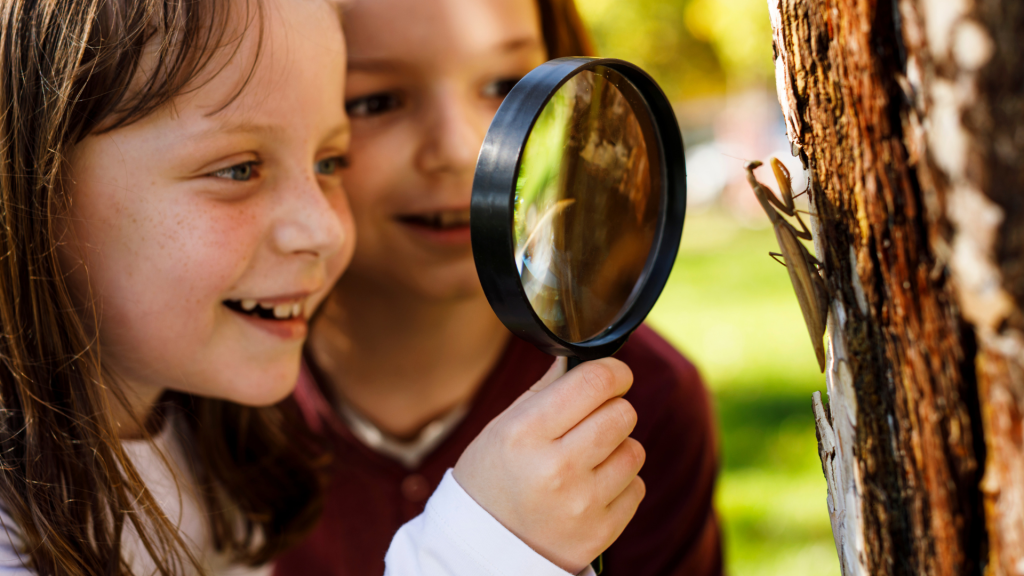
The 2024-25 GYA Sasha Kagansky Interdisciplinary Grant was awarded to Alexia Nunez-Parra (Universidad de Chile), Nadia De León Sautú, (Institute of Scientific Research and High Technology Services, Panama), Alma Cristal Hernández Mondragón (National Polytechnic Institute, Mexico) and Lorena Michelle Coronado Vásquez (Institute of Scientific Research and High Technology Services, Panama), for their project: Scientific Thinking in Pre-Schoolers: A Regional Challenge.
This project aims to generate and validate the first test in Spanish to measure scientific thinking competences in preschoolers from the Latin American region.
Science permeates almost every aspect of our life and is required to confront and solve pressing challenges. The central role of science in improving people’s life in fundamental ways, including promoting sustained economic growth and technological innovation, is widely recognized. As the worldwide economy moves towards technology-based industries, the demand for professionals proficient in science, technology, engineering and mathematics (STEM) is exponentially increasing. Science education is then fundamental to increase the number of STEM professionals, but also for every citizen to have basic competences in scientific thinking. Scientific thinking is the capacity to sustain and develop the curiosity and sense of wonder about the world, to use reason based on evidence and to think flexibly, and continue learning.
Early Childhood offers a window of opportunity to enhance the competences (attitudes, abilities and knowledge) related to scientific thinking, as developmental milestones have long-lasting effects on brain structure. Therefore, early education becomes the most significant period to develop adequate capacities such as scientific thinking and to improve the disposition of choosing scientific careers in the future. In contrast to leading developing countries, in Latin America, little attention has been given to the development of scientific competences development in the educational system, and less to early childhood scientific education.
The project proposes to pilot a study to quantitatively measure scientific thinking in pre-elementary children in Chile, Mexico and Panama.
N/A